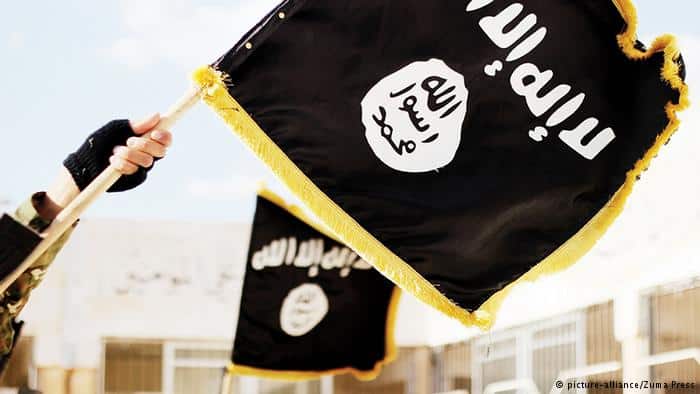London, 19 March 2017 (SPS) – The Spanish government in a statement yesterday confirmed the EU court’s judgement that Western Sahara goods are not covered by the EU-Morocco trade deal. Spain states it is up to France to make sure the controversial trade of fish oil from ‘Key Bay’ vessel was properly tariffed.On 16 March 2017, the Spanish government explicitly stated that products from Western Sahara are not covered by the EU-Morocco trade agreements.
The consequences of this, is that cargoes such as the fish oil which was on board a vessel that stopped over on the Canary Islands in January 2017 cannot be granted tariff reduction. After bunkering in Las Palmas, the chemical tanker ‘Key Bay’ sailed to France, where she discharged the entire cargo of fish oil, destined to the importer Olvea.
As the vessel stopped over in Las Palmas, the vessel was boarded by Spanish police and harbour authorities. The Spanish government confirmed yesterday that the information it collected have thus been communicated to French customs (presumably confirming WSRW’s doubts on the validity of the export documents), and that it is now up to France to take its responsibility.
This is, to WSRW’s knowledge, the first public statement from Madrid on the non-applicability of the EU-Morocco trade agreements to products from Western Sahara. In the absence of a discussion in the European Council and of European Commission instructions on the implementation of the CJEU ruling, EU member states seem divided on how to deal with Western Sahara goods.
The ‘Key Bay’ affair was the first confirmed transport of fish products into the EU after the landmark judgement on 21 December 2016, of the Court of Justice of the EU which ruled that Western Sahara products cannot be covered by the EU-Moroccan trade agreements.
The ruling was in line with the opinion of Northern European states. However, the EU, with pressure from France, has until now treated goods from Western Sahara as if they were Moroccan. France, alongside Spain, is an important importer of both fisheries and agriculture products made in the territory under Moroccan occupation. France is also the state in the UN Security Council that backs up Morocco in all aspects of the occupation, including in preventing the UN forces to report on human rights violations in the territory. France last year also prevented the Security Council to enforce a return of UN troops unilaterally kicked out of Western Sahara by Morocco.
The question about the Spanish government’s position on the imports fish products was first submitted by the Spanish member of Congress Jorge Luis Bail of the Spanish party Unidos Podemos/EQUO on 18 January 2017. (SPS)














